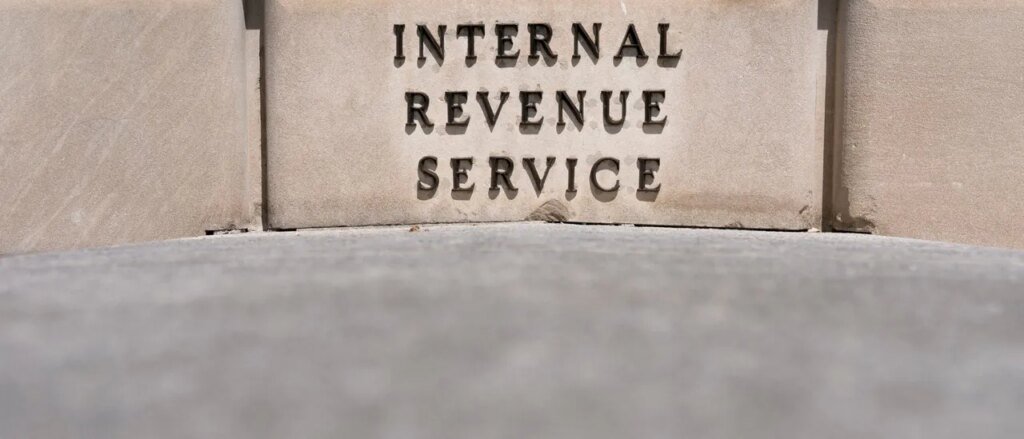Concerns Over IRS Changes Under Biden
President Donald Trump once made significant strides in reducing the IRS’s power, but there are fears that the agency has become a tool for targeting political adversaries.
Historically, Secretary John Marshall stated that “the power to tax is the power to destroy.” This sentiment appears to have resonated with Democrats in the Biden administration, who have expanded the IRS workforce, harassing various businesses and wealthy donors, including some Republicans. Lois Lerner, noted for her controversial enforcement tactics against conservative groups, is still active within the agency.
One particularly troubling regulation from the Biden era affects partnerships, a key structure for many businesses, including Microsoft, where revenue often flows through partners.
Partnerships play a vital role in the U.S. economy. A study by Ernst and Young for the Small Business Entrepreneur Council highlighted that around 10 million Americans are employed by these partnerships, contributing $1.3 trillion to the GDP. This suggests that the IRS might see these successful entities as targets.
There are moves by certain Senate Democrats, particularly Ron Wyden from Oregon, to modify how pass-throughs and partnerships are taxed, potentially leading to invasive audits. This proposed change could disrupt the established doctrine regarding economic materiality and how taxes are applied to partners. A firm found liable for increased tax valuations might face hefty bills and severe penalties, possibly forfeiting up to 60%.
While these partnership regulations seem vague, highlighting potential abuse regarding tax evasion, the proposed changes could take effect without needing Congressional approval. Trump’s administration aimed to eliminate such unwarranted alterations, yet the current instability within the IRS has allowed Biden’s rules to remain intact.
In the meantime, Wyden is pushing to formalize these revisions into law, with projections suggesting a potential $730 billion tax increase for businesses over the next decade. If not halted, the IRS could impose one of the largest tax hikes in U.S. history, all without public consent.
The previous administration’s goal was to alleviate taxes for businesses and enhance their global competitiveness, rather than introduce a massive tax burden. There’s a pressing need for Trump or the Treasury Department to address this potential fallout before it hampers economic growth.







